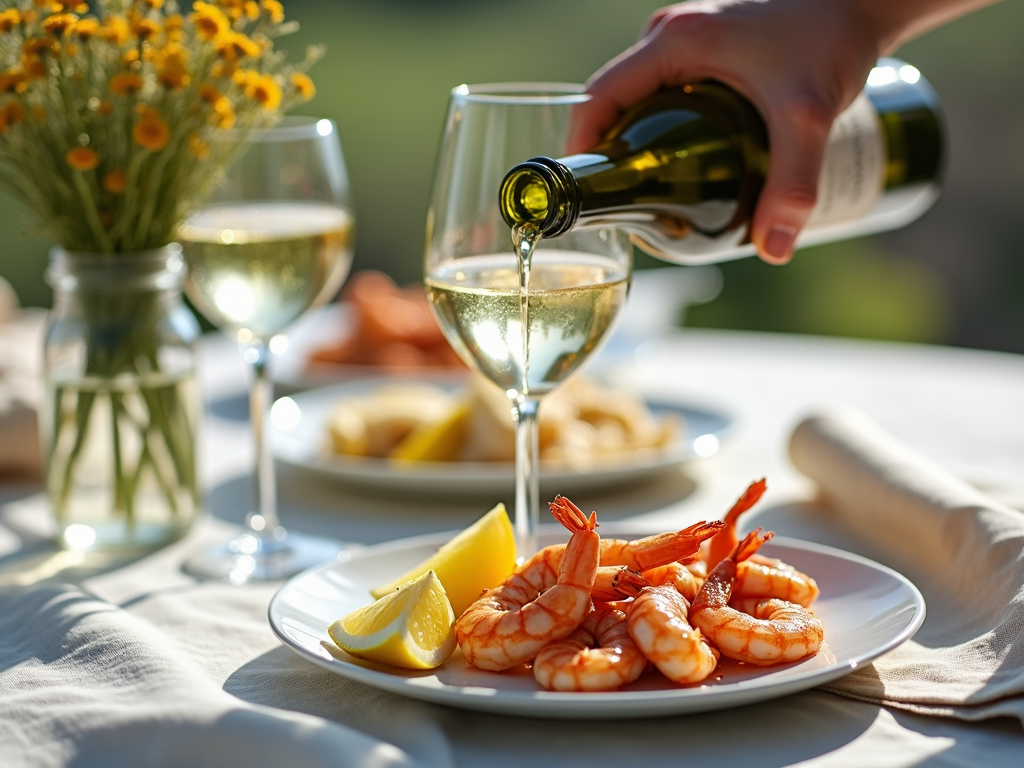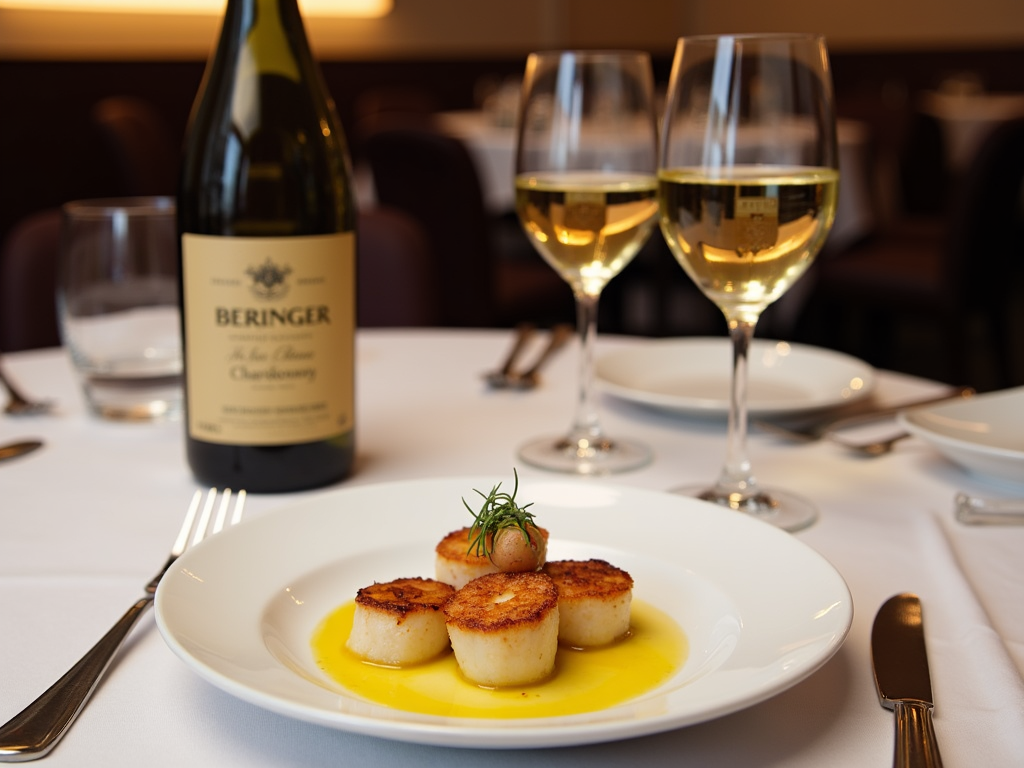The Art of Wine Pairing: A Comprehensive Guide
Overview
The Art of Wine Pairing is all about matching wine with food to make both taste better. This guide dives into the essentials, highlights brands like Beringer, and shares easy tips to help you enjoy your meals more.
Introduction to Wine Pairing
Imagine sitting down to a meal where every bite and sip feels just right. That’s what The Art of Wine Pairing can do for you. It’s not about rules carved in stone—it’s about finding what works together to make your dinner special.
People have been pairing wine with food for hundreds of years. In places like France and Italy, it’s a big part of life. But you don’t need to be an expert to get started. With a little know-how, you can turn any meal into something memorable.

Basics of Wine Pairing
So, how do you pair wine with food? Start with the weight. Light wines, like a Pinot Grigio, go great with light dishes, think salads or fish. Heavier wines, like Cabernet Sauvignon, match up with hearty stuff like steak.
Acidity matters too. A zippy wine, say a Riesling, cuts through rich foods like fried chicken. Tannins—those dry bits in red wine—love fatty meats because they balance each other out.
Sweetness is another trick. A sweet wine can tame spicy or salty dishes. But watch out: don’t let a bold dish overpower a gentle wine. Keep things balanced, and you’re golden.

Wine Types and Their Pairings
Let’s break down some popular wines and what they love to eat with. Here’s a handy list:
- White Wines
- Chardonnay: Creamy and smooth, perfect with seafood like shrimp or rich pasta dishes.
-
Sauvignon Blanc: Bright and fresh, awesome with salads or goat cheese.
-
Red Wines
- Pinot Noir: Light and fruity, pairs nicely with chicken or salmon.
-
Merlot: Not too heavy, works with pasta or grilled burgers.
-
Sparkling Wines
-
Champagne: Bubbly and fun, great with fried snacks or oysters.
-
Dessert Wines
- Port: Sweet and rich, a dream with chocolate cake.
This is just a starting point—mix and match to see what you like!

Spotlight on Beringer Wines
When it comes to wine brands, Beringer stands out. Started in 1876 in California’s Napa Valley, it’s one of America’s oldest wineries. They’re known for making wines that taste great without breaking the bank.
Here are a couple of favorites:
| Wine | Taste Notes | Best Pairings |
|---|---|---|
| Beringer Founders' Estate Chardonnay | Apple, vanilla | Roast chicken, creamy risotto |
| Beringer Knights Valley Cabernet Sauvignon | Blackberry, spice | Grilled steak, lamb chops |
Beringer wine reviews often rave about their balance and flavor. Wine lovers give them high marks for being reliable and tasty, whether you’re new to wine or a pro.

Comparing Wine Brands
Beringer isn’t the only player in town. Other wine brands like Kendall-Jackson also shine, especially with their Chardonnays. Both brands keep things approachable, but Beringer leans into its long history, while others might play with bold new blends.
Every winery has its own style. Some stick to old-school ways, others shake things up. Trying different brands helps you find what clicks for your taste buds and your table.

Personal Experiences and Tips
I’ll never forget my first real try at The Art of Wine Pairing. It was just spaghetti with red sauce, but I grabbed a Beringer Merlot. The combo was amazing—the wine’s softness hugged the tomato’s tang. It felt like I’d unlocked a secret.
Another time, I paired a sparkling wine with fried chicken. The bubbles cut through the grease—it was a total win. But I’ve flubbed it too, like when a light white got lost next to spicy tacos.
Here’s what I’ve learned:
- Start simple: Pick a wine like Pinot Noir—it goes with almost anything.
- Taste as you go: Sip the wine, eat a bite, see what happens.
- Have fun: The best pairings come from trying stuff out.

Conclusion
The Art of Wine Pairing is about making food and wine shine together. From basics like matching weights to exploring Beringer wine reviews, this guide gives you a solid start. Dive in, experiment, and enjoy the ride—your next great pairing is waiting!
